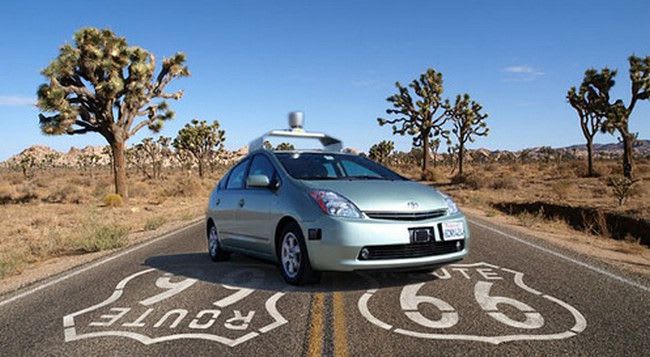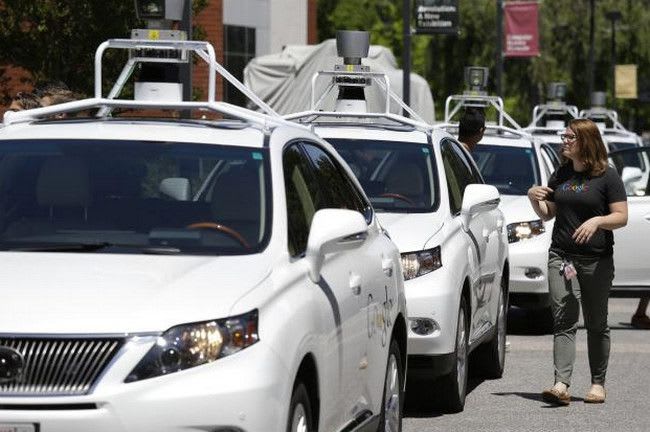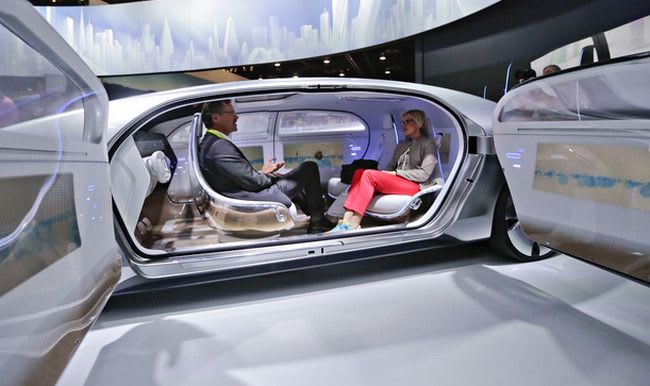The driverless car phenomenon is certain to play a big part in the future of the world but the project has taken a major setback with a string of crashes in California.
Google continue to lead the way on this front and their work has certainly meant for an increase in interest from the general public and indeed many mainstream manufacturers who have chosen to turn their hand to this new trade.
However, Google are facing some tough questions from the programmes critics after it was revealed that there had been 11 minor traffic accidents since it rolled out the technology back in 2009. Further to this Google have mentioned that none of the incidents were caused by its cars, making it seem like it was probably humans fault. Again.

Of course, just six years isnt a lot when it comes to testing this kind of revolutionary technology and it will certainly be a case of many drivers getting used to seeing these ghost-cars trundling along the roads. How many of these collisions were caused by gawping humans? A lot, Id imagine. Many of the autonomous cars also have an accompanying human just for the ride or to step-in at any crucial moments. It hasn't been confirmed how many were caused by these people.
So these accidents seem quite a high number especially when were reportedly fast-approaching a crash-free future but when you consider these vehicles have racked up a whopping 1.7million miles its actually reasonably impressive. Though Google have retrospectively said that about 1million of these miles were fully autonomous as many of the vehicles have an accompanying human who can step-in at any time. It hasn't yet been confirmed how many of these reported crashes were caused by drivers taking the wheel.

Google have also said that the information gained from these crash events will help Google tweak their autonomous cars for the future. The car is even said to now hesitate as the lights turn green as a result of human drivers powering across crossings and streets. That said, Google have conceded that accidents are impossible to completely avoid with driverless cars providing the antidote to over-aggressive or tiring drivers.
The search-engine giant will put the vehicles through much more rigorous testing over the years and are by no means the finished article. Despite this, in a decades time the first driverless cars could be pulling up alongside you at the lights or coming to pick you up after a night-out.
The sheer amount of technology that these vehicles are currently packing is likely to get even more extensive and the debate about their usefulness or otherwise is certain to rumble on for many years.

To window or not to window?
As an aside to the reveal of this news, there is also a bit of back-and-forth from industry experts on whether the vehicles should look distinctively different to their human-driven counterparts. Many of the vehicles will be unlikely to even have windows, because why would they need them? This has been dismissed as plain weird by the cars critics and could cause consternation from many motorists. The Mercedes F015 revealed at CES 2015 is one of these such cars.
















